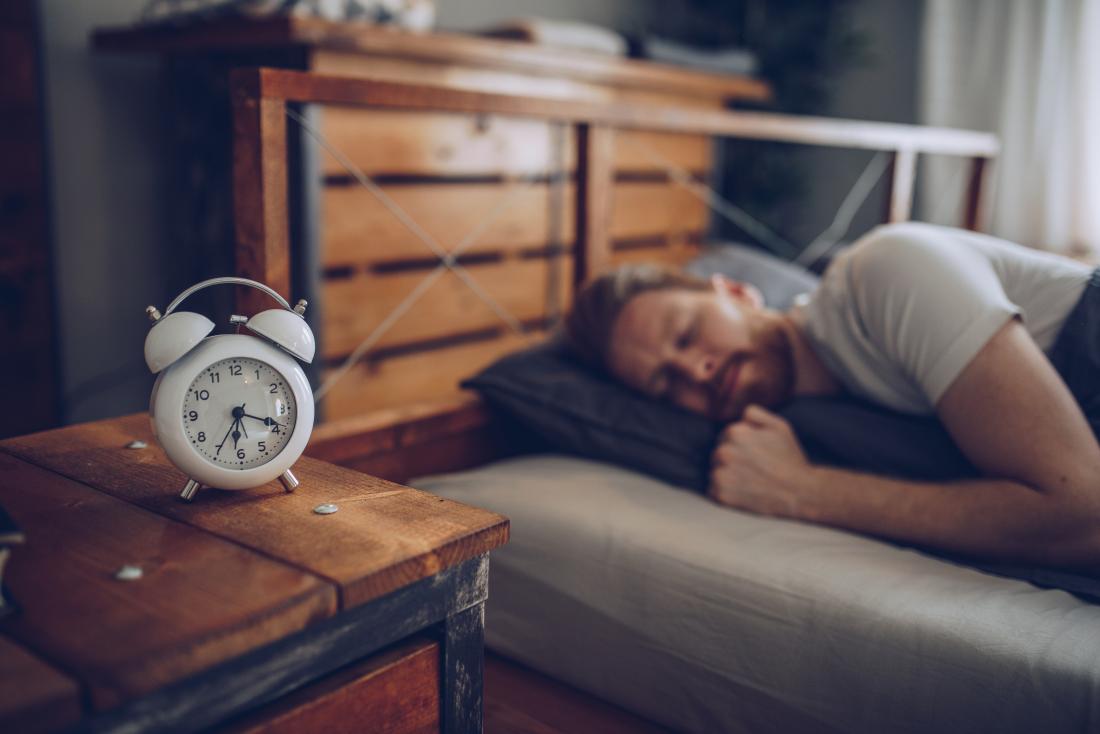The desire to lie down and take a nap for an hour sometimes comes at the most inopportune moment. For example, after having lunch, we start feeling lazy. Almost every day we struggle with sleepiness after eating, we queue up to the coffee machine, but nothing helps. Let’s figure out why you want to sleep so much after you eat and how to deal with it.
What Is Food Coma?
It happens to most of us that at night we can’t fall asleep. Creative thoughts visit and questions our mind like “Why an elephant is called an elephant, and not a dog?” But after lunch, when we need to complete office work, we start to feel drowsy. Most likely, everyone has encountered this condition. Experts call it “food coma” or “postprandial sleepiness.”
The term sounds pretty scary, but there is nothing wrong with it. You can manage sleepiness after eating by knowing the causes.
Causes Of Food Coma
You’ve probably heard that the primary sleep hormone is melatonin. But besides it, some other hormones and compounds can make our eyes close not only at night but also during the day. To understand sleep coma, let’s see the leading causes of sleepiness after eating.
Eating Foods High In Carbohydrates
When there is no time for a full meal, you often have to snack on a ready-made croissant, cake, or burger from a fast-food restaurant. These foods are rich in protein and contain amino acids that help the body produce serotonin. And it also includes a lot of fast carbohydrates, which help to absorb protein foods better and increase serotonin levels.
Therefore, eating a delicious bun can dramatically improve your mood and quickly fill you up. Moreover, melatonin and serotonin are closely related. Namely, the fact that serotonin regulates sleep cycles. Fast carbohydrates get absorbed immediately and increase blood sugar.
And hunger comes back sooner than if you ate foods rich in slow carbohydrates, healthy fats, and fiber. Fast carbohydrates both sharply give us energy, so abruptly take it away. At this moment, fatigue and that very drowsiness come.
The Parasympathetic Nervous System Turns On
After a person eats, he/she automatically calm down. This happens at the behest of the parasympathetic nervous system, which relaxes the muscles and slows the heart rate down. At this time, all the forces of the body get directed to the digestion of food.
And the blood enters the organs involved in this process. The brain relaxes, attentiveness decreases, and you want to lie under your favorite blanket and fall asleep quickly.
Blood Goes to The Digestive Tract More Actively
All organs in our body function due to the fact that they receive blood, nutrients, and oxygen. As we already said, at the time of food digestion, the digestive tract organs work more than the rest. It means that the blood in them enters more actively than in the brain, and its efficiency decreases.
Therefore, it can be so difficult for us to get in work right after lunch. But this simple pattern makes it possible for all body systems to function correctly.
Drinking Alcohol
If you drink alcohol with your meal, it will enhance the sedative effect. Right after you will finish eating your meal, there will be extreme laziness. This is because alcohol affects the nervous system. As a result, a person starts to feel lazy.
The solution to this problem is getting rid of alcohol. If you can’t do it on your own, look for an inpatient or outpatient treatment. These treatments will help you become sober.
Not Drinking Enough Water
Water is one of the essential sources of energy and also a regulator of blood volume. If you don’t drink the right amount of water during the day, you will feel sleepy. When the body lacks water, the pressure drops and the pulse becomes weak. Due to this, fatigue and drowsiness appear.
Eating Large Portions of Meal
It is not for nothing that many nutritionists recommend eating often and in small portions. But those who work in the office usually have one hour for lunch all day long. And during this time you need to eat well in order to make it to dinner. As a result, you overeat.
But the body does not have time to digest too much, and a sharp jump in glucose occurs. When its level is normal, the person is full of energy. But when the level rises sharply, we tend to sleep. Therefore, overeating is one of the causes of sleepiness after eating.
Not Eating Foods Rich in Vitamin D and Iron
For this reason, as well as the first, it is important what you eat. Sometimes we eat the same dishes every day and forget to add healthy, but unusual foods to our diet. Therefore, we face a deficiency of various vitamins and minerals, which should help us to stay in good shape. An important role in energy metabolism is by such substances as vitamins D, B12, iron, and potassium.
Staying Indoors
The body has its own clock – biological. According to it, each person has a particular time when he/she wants to sleep most of all and needs to relax. As well as, there are hours when a person is most efficient.
Due to the fact that we can spend a lot of time indoors, without going for a walk even after a healthy lunch. The body does not have enough light, and it’s biological clock gets out of order. Also, circadian rhythms may be disrupted if you always eat at different times.
Summing Up
Morning sleepiness or sleep coma after eating meals is quite a common phenomenon. We have mentioned the leading causes of sleep comma. Now if you want to feel active during the day and after your meals, avoid the above-mentioned things.


